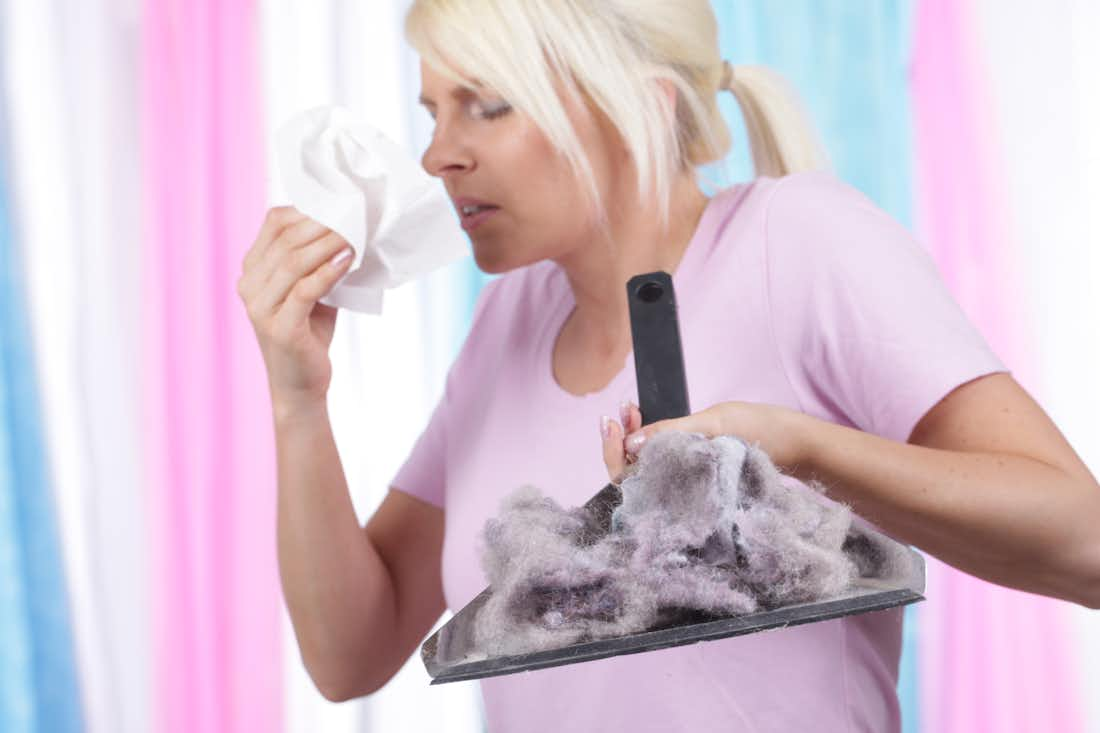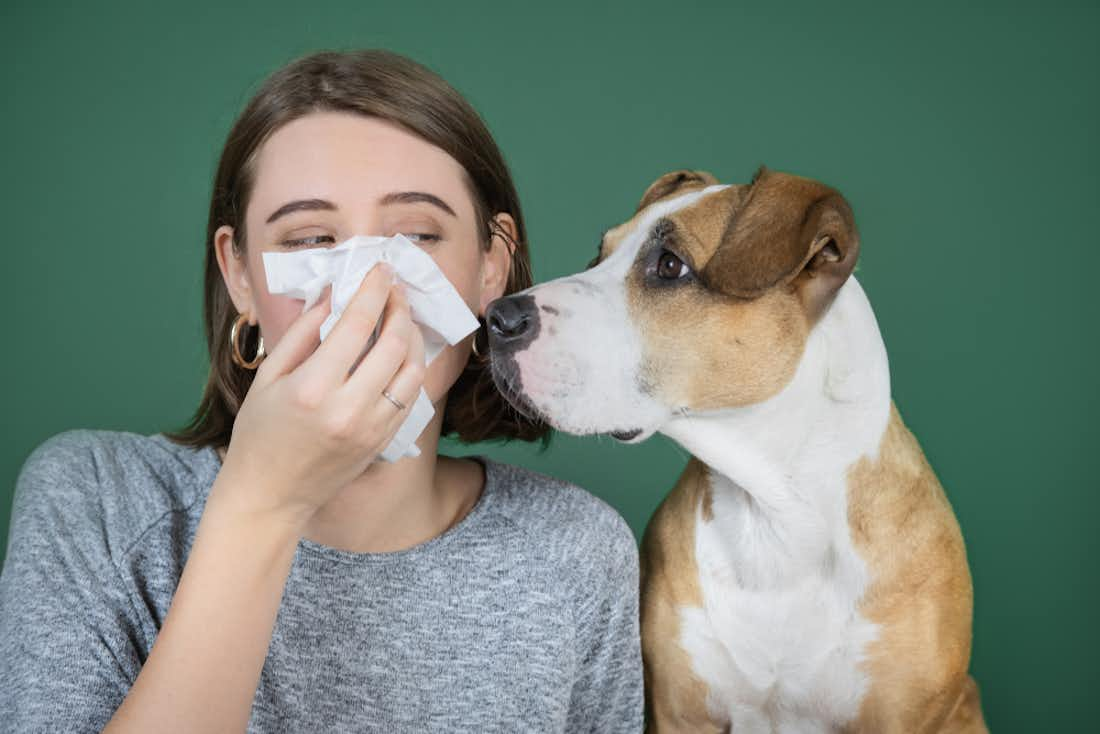Jul 7, 2022
Ultimate Guide to Home Remedies for Allergies
5 minute read
If you're dealing with allergy symptoms, you're probably scrambling to find a reliable source of relief. Your first choice might be daily relief medications like antihistamines and decongestants, both of which can be helpful.
However, your body can also benefit from other home remedies, all of which can play key roles in your allergy management regimen.
In this post, we'll cover the best home remedies for allergy symptoms, as well as how to tell if you're dealing with allergies or something else. We'll also explore more conventional treatment options to turn to if your allergy symptoms aren't going away.
Let's get started!
What Causes Seasonal Allergies?
An allergic reaction is your immune system's response to a substance that it perceives as a threat. This substance might be pollen, pet dander, a certain food, or something else, but it is typically completely harmless. While this substance doesn't pose any real threat to your health, your immune system may overreact to it, triggering the release of histamines, chemicals that trigger inflammation.
This inflammatory response – otherwise known as an allergic reaction – can cause symptoms like sneezing, irritation in your nasal passages, a runny nose, nasal congestion, and fatigue. All of these symptoms fall under the umbrella of what's known as allergic rhinitis or hay fever.
For many people, hay fever symptoms only pop up during a specific time of year. For you, allergy season might be spring, when airborne allergens are at their highest counts. For others, however, summer, fall, or winter might be the worst times for allergies due to dust mites, mold, and other allergens floating around in the air.
What Can I Do To Get At-Home Relief?
When your allergy symptoms are making you miserable, these natural remedies can help to take the edge off.
A Neti Pot
The neti pot is a small tool used for nasal irrigation. In other words, the pot flushes out mucus from your nasal passages, helping you to get relief from congestion, sinus pressure, and other common allergy symptoms.
To use a neti pot, all you have to do is breathe through your mouth while gently pouring saltwater into one nostril. As you breathe, the water will be expelled through your other nostril, flushing out the mucus trapped in your nasal passages.
Neti pots serve a similar purpose to nasal sprays, which can also be used to relieve allergy symptoms. However, nasal sprays often contain a medicated saline solution, whereas the neti pot relies on simple saltwater to flush out your nose. It is very important to. keep your neti pot clean, to keep away mold growth that can be harmful.
Butterbur
Butterbur is an ancient herbal remedy that was often used in medieval times to reduce fevers. Now, it's a popular supplement for allergy sufferers. Some studies of the herb have suggested that it's one of the best natural allergy remedies out there, but further research is needed before anything conclusive can be said.
HEPA Filters
HEPA (high-efficiency particulate air) filters are designed to trap mold, dust, smoke, and other air pollutants, stopping them from affecting the air quality in your home. If you suffer from allergies and can't seem to get relief, installing a HEPA filter at home can sometimes make a big difference.
You can add a HEPA filter to your home’s HVAC system, but you can also keep your air clean with a HEPA-equipped air purifier. Both mechanisms are highly effective in removing airborne allergens and other particles from the air.
Other Remedies
In addition to the above natural remedies, you can also look into dehumidifiers that can help keep the air in your clear of allergens and keep the humidity at bay. Investing in a high-quality vacuum cleaner can also help pick up dust and allergens around the house.
To help give your immune system and body healthy it is important to have a well balanced diet and get 7-8 hours of sleep.
What If Natural Remedies Aren’t Helping?
In some cases, allergies can be so stubborn that nothing seems to help. If you’re in that position, you’ve come to the right place.
At Cleared, we’re big fans of getting extra support from supplements and natural remedies for your allergies. Still, we also recommend trying other treatment options when your symptoms won’t go away.
One of the best treatments to try for stubborn seasonal allergy symptoms is immunotherapy. This treatment method works by exposing your immune system to small amounts of your allergy triggers, helping to reduce your sensitivity to allergens. Immunotherapy is often so effective in the long term that it can eliminate the need for other relief medications like antihistamines.
Immunotherapy comes in two forms – sublingual (drops or tablets) and subcutaneous (shots). At Cleared, we’re big fans of sublingual immunotherapy because of the accessibility and convenience of the treatment.
To learn more about immunotherapy, check out our list of common questions about the treatment.
Conclusion
Seasonal allergies can be tough to handle. However, with a combination of conventional medicine and natural supplements, you can find the relief you need and get back to living life free from allergies.
To learn more about the causes and treatments for seasonal allergies, make sure to visit our blog. There, you’ll find a wealth of information about dealing with allergy symptoms, as well as pro tips for successful treatment.
Sources:
Authors

Dr. Payel Gupta
Medically reviewed by Dr. Payel Gupta



